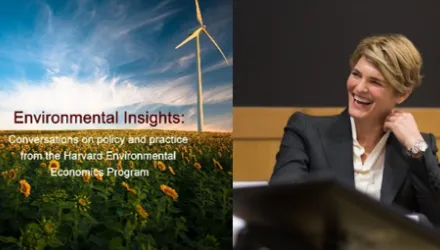Summary
The São Paulo Proposal is designed to create a stable, long-term, universal regime based on the principles of equity and common but differentiated responsibilities and respective capabilities. Such a regime is required to encourage the technological change and structural shifts necessary to stabilize greenhouse gas concentrations. Richer countries adopt binding targets that become more stringent over time. Financial and institutional provisions to enhance developing country implementation of mitigation and adaptation actions are strengthened. Over time they "graduate" to binding commitments based on their individual circumstances. Adaptation and technology are given prominent roles and significantly increased funding. Coordination of key domestic policies, including national emissions trading systems, energy efficiency standards, and fossil fuel subsidies, is enhanced. Specified emissions — such as those from international bunkers, a specific industry or a sub-national region of a non-party — can be addressed through sectoral agreements. Parties would have the option to impose trade sanctions on non-parties.
Haites, Erik, Farhana Yamin and Niklas Höhne. “The São Paulo Proposal for an Agreement on Future International Climate Policy.” Harvard Project on Climate Agreements, October 2009



